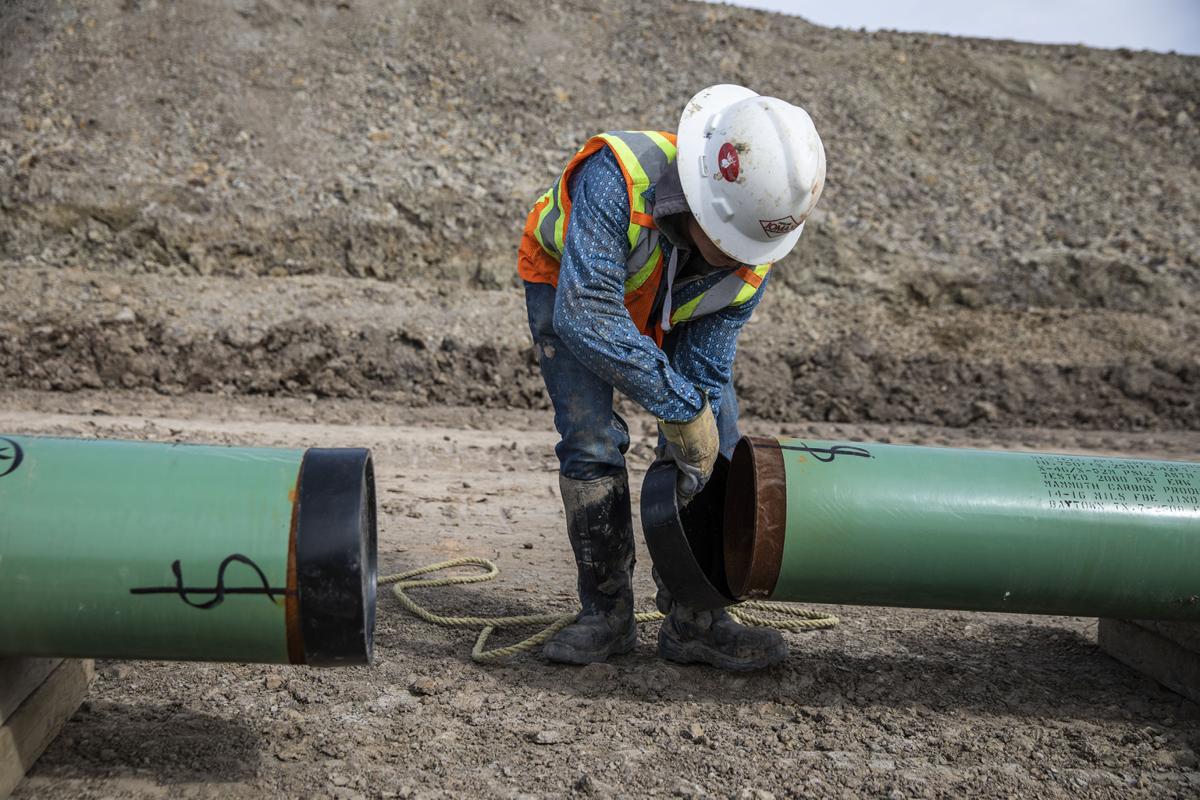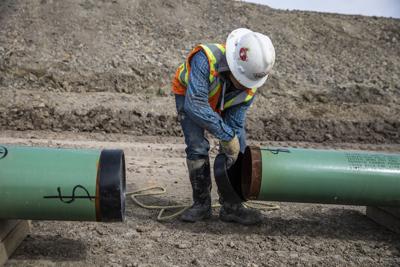Russia cut off natural gas exports to Poland and Bulgaria on Wednesday in an escalation Europe has been bracing for since the war in Ukraine began. But the U.S. can do little — at least in the near term — to ease the strain.
Losing access to Russian gas will leave Poland and Bulgaria more vulnerable to energy shortfalls as they seek alternative suppliers. Notably, Russia has continued exports to Germany, Europe’s largest economy and Russia’s biggest natural gas customer. Since February, Germany has scrambled to reduce its dependence on Russian fuels as quickly as possible.
“Could they weaponize their hydrocarbon exports? Absolutely,” Gabriel Collins, a fellow at Rice University’s Baker Institute for Public Policy, told the Star-Tribune in February. “Are they potentially cutting off their nose to spite their face? Yes.”
At the time, it was too early to tell “how much of their nose can they still cut off without fully spiting their face,” Collins said.
People are also reading…
- Casper-based nonprofit to reconstruct 'dilapidating' Cottonwood Creek Dinosaur Trails
- Cops: Man 'slammed' victim's head on rocks by Nicolaysen Art Museum
- DOGE cuts to Americorps ‘a devastating blow to the state of Wyoming’
- Casper police shoot, kill person in course of burglary call; DCI called to investigate
Now, two months later, experts still aren’t sure how drastic Russia’s actions could become toward the countries that buy its natural gas — especially Germany.
“Neither can really afford to lose the other,” said Rob Godby, an economics professor at the University of Wyoming. “And so I think what Russia has done is cut off those countries that it could afford to do as a symbolic gesture.”
It’s a threat, he noted, that may have more political power than the action itself: “If you cut these countries off, you can only do it once.”
The bulk of the world’s natural gas is transported by pipeline. Where Russia can send the gas it produces is decided largely by the export infrastructure already in place.
“When they do reduce shipments, they also have to reduce production, and that’s going to hurt them as well as the countries it’s aimed at,” Godby said. “And that’s probably part of the reason why what we’re seeing is more symbolic and less significant shutdowns.”
Many economists believe that prolonged Russian aggression could reshape the global energy economy as the countries that import its fuel — particularly in Europe — find more stable sources of natural gas, increase their use of renewables or pursue a combination of the two.
The U.S. oil and gas industry wants to become Europe’s next supplier.
Limited U.S. liquefied natural gas export capacity means companies only have so much access to Europe’s pricier markets. And while prices have been climbing in the U.S. for a number of reasons, including uncertainty about how the war will continue to impact markets, the share of natural gas currently being diverted to Europe rather than burned here isn’t really to blame: U.S. producers are already sending as much as they can.
To boost exports, the country will have to build more terminals — a prospect that’s been a major source of conflict between industry and environmental groups over the last several months. The oil and gas industry says building new export terminals will strengthen European energy security while benefiting U.S. producers. Environmental groups say doing so will lock in avoidable carbon emissions for years to come.
Export terminals aren’t the only barrier, though. For exports to Europe to increase without U.S. prices skyrocketing, production also has to go up.
“Every sector that can produce is trying to produce,” Godby said. But supply chain issues, worker shortages and other constraints have hit the oil and gas industry hard, slowing growth in spite of high fuel prices. But Wednesday’s escalation may be yet another signal to companies that the added costs and extended timelines are worth the economic risk.
“The real question is just, how far does this go?” Godby said. “How far does this destabilize things, and how much can countries adapt?”

















